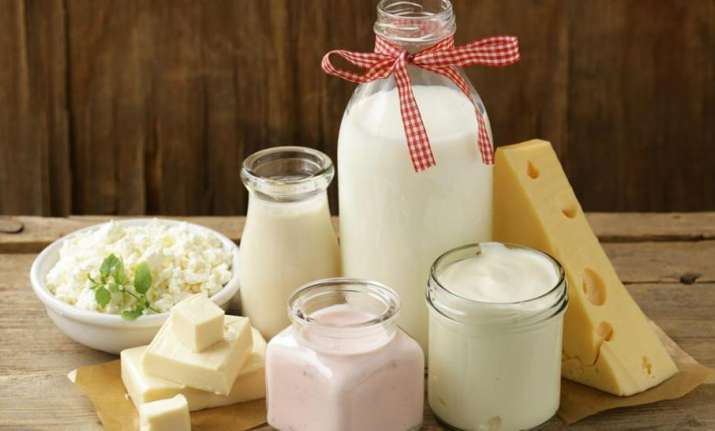Eating healthily has both mental and physical benefits. It is one of the best things you can do to prevent and control health problems such as heart disease, stroke, high blood pressure and type 2 diabetes. A healthy diet can make you look and feel better, raise your energy levels and increase your sense of general well-being. Variety is the spice of life and we should aim to eat a wide range of foods from the five major food groups.

Carbohydrates
- These are starchy foods like bread, potatoes, pasta and rice
- They should make up the main part of every meal
- Carbohydrates provide the body with energy, calcium and B vitamins

Protein
- We get our protein from meat, fish and eggs as well as vegetable protein from nuts, beans, peas, lentils and soya
- We should have two or three servings of protein every day
- Protein is essential for the body to grow and repair itself and provides a range of vitamins, iron and other minerals

Fruit and vegetables
- Fresh, frozen, tinned, dried or juiced, the health benefits of fruit and vegetables can be obtained in many ways
- Eat a wide variety of at least 5 portions of fruit and vegetables every day
- They contain vitamins, fibre and antioxidants which can prevent some cancers. Fibre keeps your digestive system healthy and makes you feel full which can help control your weight

Dairy
- Milk, yoghurt, fromage frais, milkshakes and cheese
- We should try and eat three servings of these a day
- Dairy products contain protein and calcium, vitamins A, D and B12 and keep your bones and teeth healthy

Fats and oils
- Unsaturated fats like olive oil and sunflower oil are good for the body. These fats usually come from vegetables or nuts and are liquid at room temperature
- Saturated fats like butter and lard usually come from animals and are often solid at room temperature. Saturated fats can cause heart disease
- Use fats and oils sparingly

Don’t forget fluids
- Drink plenty of fluids to maintain brain, body and digestive health
- Water, skimmed or semi-skimmed milk are the best choices as they contain no sugar. Unsweetened tea and coffee are also good choices
- Aim for six to eight glasses a day and check the colour of your urine. It should be a light yellow colour – if it is dark yellow you need to drink more fluids.
Arthritis Action have produced a Diet and arthritis factsheet which contains a lot of useful information. Also visit Eat well – the NHS website on how to eat a varied, balanced, healthy diet. These pages include information on food, diet and nutrition, healthy recipes, eating on a budget, vegetarian and vegan diets, digestive health and superfoods.